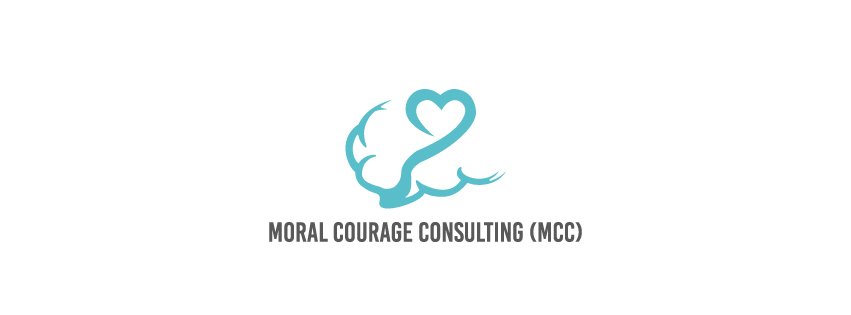Intersectional Identities: LGBTQIA+
Identifying as LGBTQIA+ can come with unique rewards, challenges and experiences, including the potential impact on moral dilemmas and moral distress. In the past, unfortunately, homosexuality and gender non-conformity were considered immoral or sinful, and those who identified as such were often subjected to discrimination and persecution. As a result, many LGBTQIA+ individuals may struggle with internalized homophobia or transphobia, which can impact their sense of self-worth, identity, and values.
Internalized homophobia or transphobia can manifest in many ways, including feelings of shame, guilt, and self-doubt. These feelings can be particularly heightened in situations where LGBTQIA+ folks are faced with moral dilemmas, such as decisions about disclosing their sexual or gender identity, navigating relationships with family or friends who may not accept them, or confronting discrimination or prejudice in the workplace or society.
Furthermore, LGBTQIA+ individuals may also face moral distress in situations where they are forced to choose between their personal values and their safety or well-being. For example, someone may feel pressure to stay “private” to avoid discrimination or violence, but this can also lead to feelings of guilt and shame for not living authentically. Similarly, someone may feel conflicted about seeking medical care due to fear of discrimination or mistreatment.
It is important for LGBTQIA+ folks to have support and resources to help navigate these complex situations and reduce moral distress. Seeking therapy or counseling can be helpful in addressing internalized homophobia or transphobia, as well as developing coping strategies and resilience in the face of moral dilemmas. Additionally, connecting with LGBTQIA+ communities and allies can provide a sense of belonging and support.
One strategy for mitigating moral distress is practicing self-care, which can include engaging in activities that promote relaxation, joy, and connection. For some LGBTQIA+ individuals, this may include participating in activities or hobbies that celebrate their identity, such as attending pride events or finding LGBTQIA+ inclusive spaces to socialize. For others, self-care may involve disconnecting from social media or news that may trigger feelings of distress or anxiety.
Here at MCC, we have significant experience collaborating with LGBTQIA+ clients and identity as allies. We recognize the unique challenges and experiences faced by LGBTQIA+ individuals with the difficult intersectionality of marginalized identities, moral distress and moral injury.
